Mission
Vision
We envision a world where the conservation and welfare of wild animals is well served by an effective symbiotic relationship between wildlife rehabilitators and other wildlife professionals.
Mission
Our Mission Promotes Wildlife Conservation and Welfare
We provide evidence-based education and resources on wildlife rehabilitation to move the field of wildlife rehabilitation forward; to promote wildlife conservation and welfare; and to mitigate human-wildlife conflicts worldwide, through better understanding of wild animal ecology, behavior, and welfare.
Standards for Wildlife Rehabilitation
In 1984 IWRC collaborated with the National Wildlife Rehabilitators Association (NWRA) to develop and publish minimum care standards for rehabilitation work, Minimum Standards for Wildlife Rehabilitation (MSWR). While captive-care literature existed for the zoo community, nothing existed for care and treatment of wild animals that were going to be released back into their native habitat.
In 2021 we transitioned from Minimum Standards for Wildlife Rehabilitation to the more apt Standards for Wildlife Rehabilitation. A joint IWRC/NWRA committee oversees these periodic revisions when significant developments in the science of wildlife rehabilitation are made.
Standards for Wildlife Rehabilitation pertains to all who rehabilitate wildlife, regardless of numbers and species of wildlife cared for, budget size, number of paid or volunteer staff, or size and location of activity. Regulatory and species information is specific to the United States and Canada, welfare implications are applicable globally. The intent is not to exclude, but to include and encourage rehabilitators as they strive to improve.
Our Educational Programs are Science Based
Traditional Classroom Training: Launched in 1984, IWRC’s Basic Wildlife Rehabilitation course was the first of its kind. A combination of lecture and lab, the two-day class covered topics such as basic anatomy and physiology, handling and physical restraint, thermoregulation, stress, initial care and physical examination, nutrition and associated diseases, standards for housing, zoonoses, euthanasia criteria and release criteria.
Although the content has been updated a multitude of times, 25 years later the format and concept of the class remains the same. Basic Wildlife Rehabilitation has been delivered to wildlife rehabilitators in eleven countries including the United States, Canada, Guatemala, Honduras, Greece, Turkey, Mexico, Ireland, Poland, England, and South Africa. Today, the class is held 15 to 20 times a year in locations throughout the United States and Canada. Classes are scheduled by request, most frequently by rehabilitation centers, state and regional rehabilitation organizations, pre-vet clubs and natural resource agencies.
Online Training: In order to give more rehabilitators access to professional training, in 2005 IWRC developed a new distance education program. Taking advantage of emerging technologies, IWRC offers both live and on demand online courses, incorporating lectures, discussions, and web-based examinations.
Courses are developed by veterinarians, biologists, and seasoned wildlife rehabilitators specializing in different aspects of wildlife rehabilitation and medicine. Regardless of the delivery method (classroom or online), all IWRC training courses are developed and rigorously peer-reviewed by professionals who excel in their areas of expertise—veterinarians, biologists, rehabilitators, nutritionists, and scientists from related fields work together to bring wildlife rehabilitators the most current and reliable information available.
Membership
If any field is defined by variety, it is wildlife rehabilitation. Rehabilitators, rescuers, veterinarians, technicians, administrators, researchers, educators, regulatory agents… the contributions of each are crucial to the success of the whole.
As wildlife rehabilitators attempt to learn as much as possible from many different disciplines, the opportunities that networking alone can provide is fundamental. IWRC’s conferences, symposia, Member Directory and the Animal Placement List provide a world of resources, and the opportunity to meet and consult with colleagues both near and far. Through the organizations diverse network, members have access to experts in various areas, unique insights on issues affecting wildlife, populations, species, and habitats.
Our Publications and Resources are Peer Reviewed
Journal of Wildlife Rehabilitation: As a membership benefit the Journal of Wildlife Rehabilitation is designed to provide useful information to wildlife rehabilitators and others involved in the care and treatment of native wild species, with the ultimate purpose of returning them to the wild.
The first issue was published in the winter of 1977. Within a few years of its inception, the Journal of Wildlife Rehabilitation received support from the Animal Protection Institute of Sacramento, California to improve and expand the publication, and by Volume 9, No. 3, the Journal’s feature articles were peer-reviewed. The Journal is a valued resource in the wildlife rehabilitation community, published online three times a year in full color.
Through the Journal of Wildlife Rehabilitation, IWRC works to disseminate information and improve the quality of care provided to wildlife.
Check out the Journal of Wildlife Rehabilitation
International Symposium: For over 30 years, IWRC’s annual symposium has been providing science based presentations from researchers worldwide. When the first conference was held in 1977, it was the first of its kind. Since then, as national, state and regional groups have formed and replicated the traditional conference format, the opportunity for this kind of learning has become increasingly accessible. The IWRC is currently taking a hiatus from the symposium to focus energy and resources on our courses.
